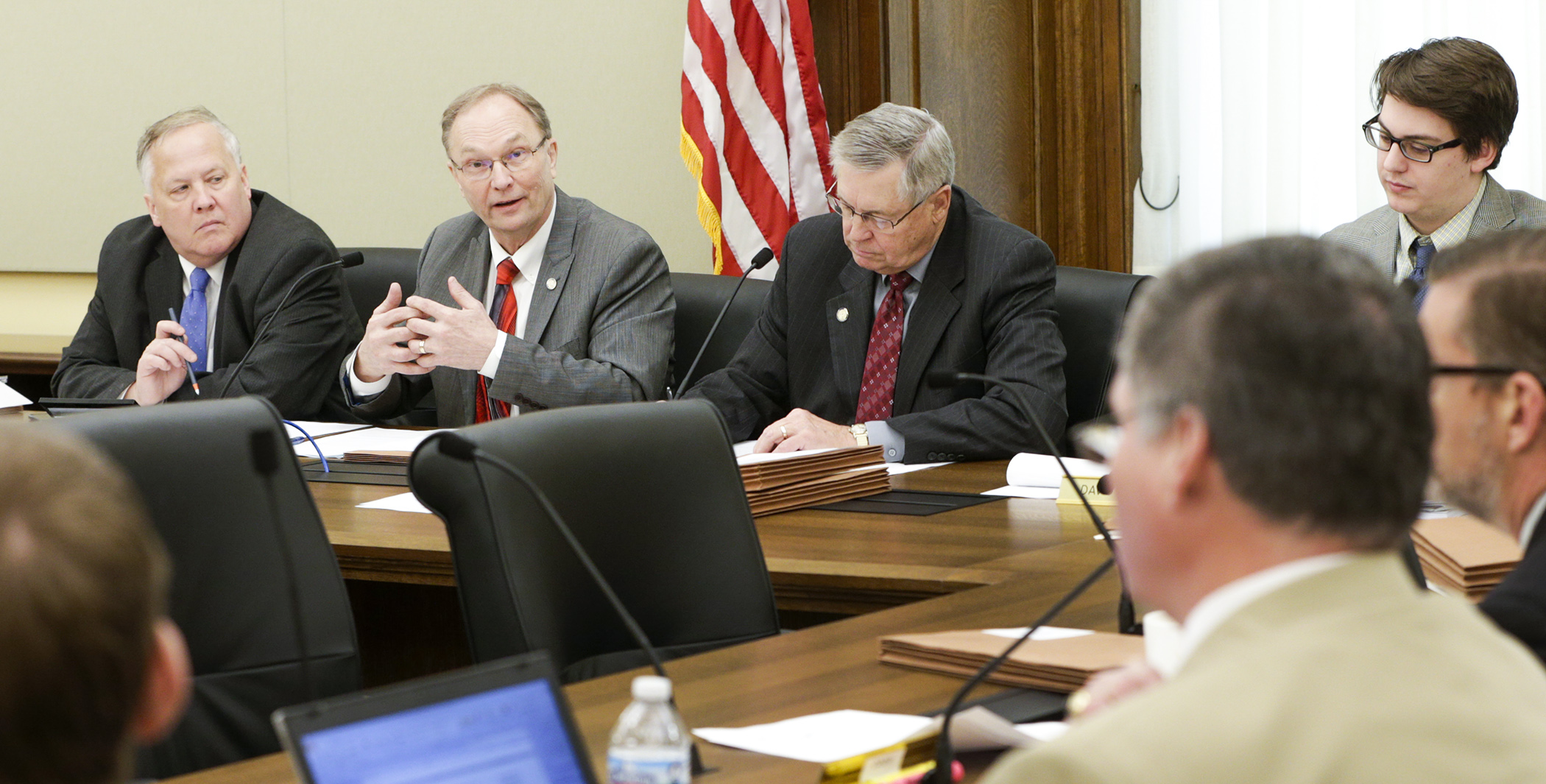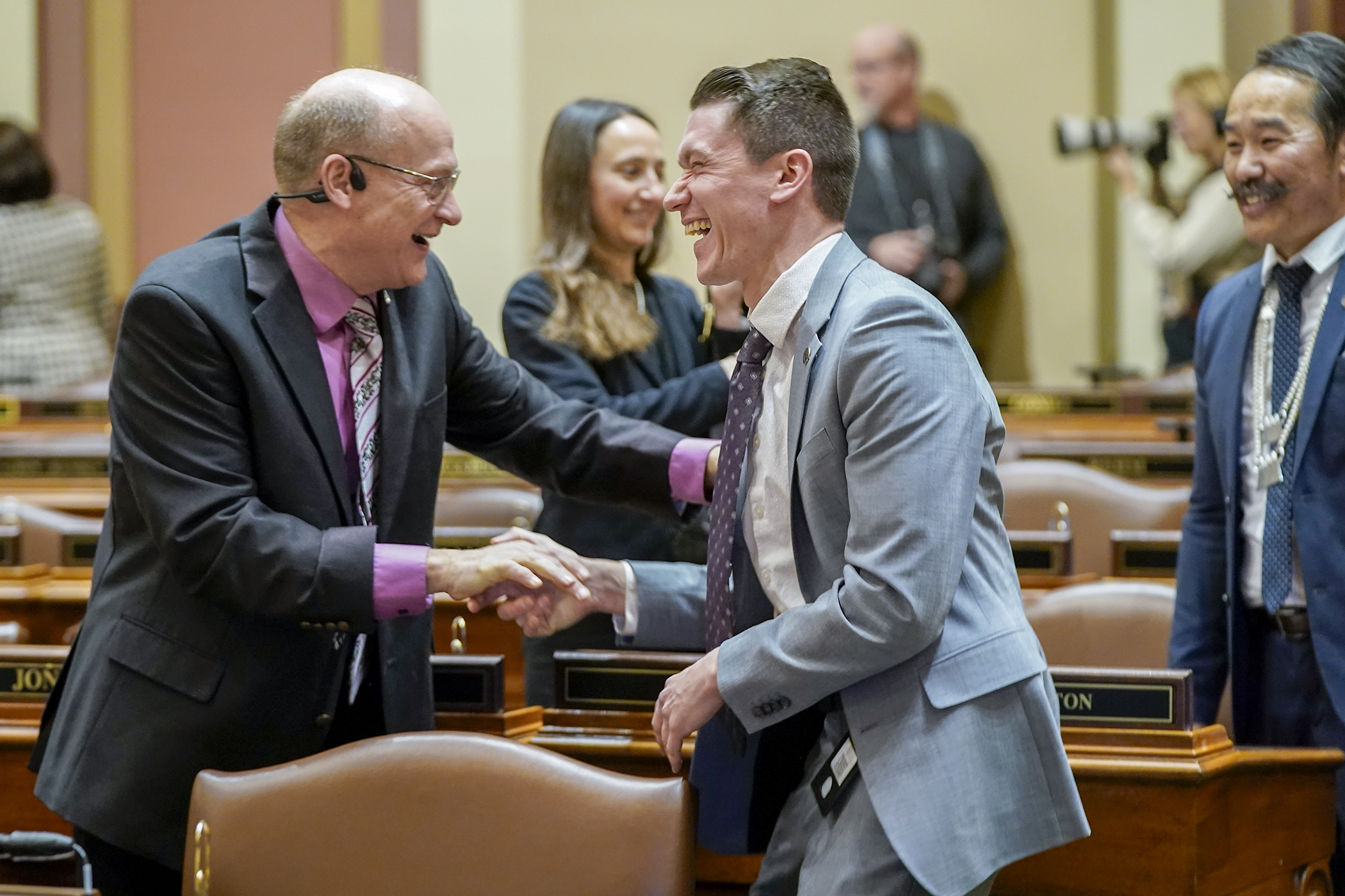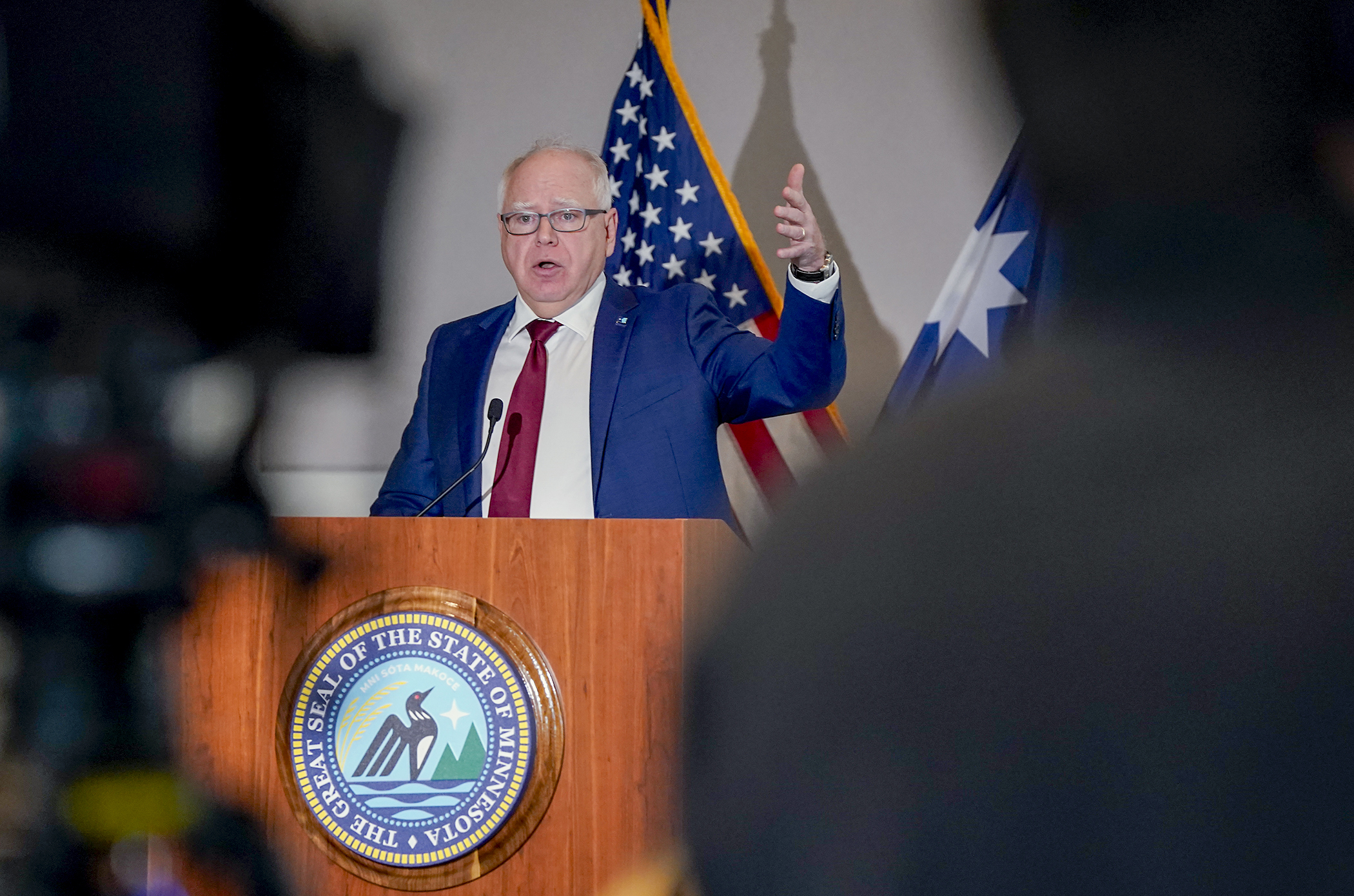House, Senate agree to MNLARS funding compromise

House and Senate negotiators agreed Thursday morning on legislation to provide millions of dollars in emergency funding to fix the state’s troubled vehicle title and registration computer system, known as MNLARS.
The conference committee on SF3133 reached a compromise that would appropriate $9.65 million in Fiscal Year 2018 to the Department of Public Safety to continue work on improving the glitch-ridden system that has caused huge headaches for deputy registrars, auto dealers and vehicle owners across the state since it launched last July.
Sponsored by Rep. Paul Torkelson (R-Hanska) and Sen. Scott Newman (R-Hutchinson), the conference committee report would provide the one-time appropriation from existing driver services and vehicle services operating accounts.
It would also establish a new legislative steering committee to oversee DPS and MN.IT’s progress in making MNLARS fully operational, and provide funding to appoint a new information technology auditor to actively monitor and report on the system’s continued development and implementation.
SF3133, as amended, passed the Senate late Thursday morning on a 48-17 vote. It now heads back to the House, which is scheduled to go into session at 3:30 p.m.
The amended bill more closely resembles the Senate language passed Tuesday — an indication that Gov. Mark Dayton may be willing to sign the bill into law. Dayton said earlier this week he would sign the Senate version, but not the House’s, citing language that would have required other state agencies to reduced General Fund appropriations by $10 million to cover the cost of the emergency MNLARS funding.
That “clawback language” is supported by Torkelson, who attempted unsuccessfully Thursday to amend the provision back onto the conference agreement.
State officials requested an emergency $10 million appropriation — part of a larger $43 million supplemental request — late last month, telling lawmakers that work on the MNLARS project would grind to a halt without the funds. MN.IT issued 30-day layoff notices March 1 to contracted software engineers working on the system.
The state has already sunk more than $90 million into developing MNLARS. State officials have acknowledged it was not ready to launch when the program went live last summer.
Related Articles
Search Session Daily
Advanced Search OptionsPriority Dailies
Full House convenes for first time in 2025, elects Demuth speaker
By Tim Walker DFL, Republicans convene with a quorum for the first time in 2025 session after agreeing to a power-sharing deal.
DFL, Republicans convene with a quorum for the first time in 2025 session after agreeing to a power-sharing deal.
Walz proposes slimmed-down 2026-27 state budget, sales tax changes
By Tim Walker This is an odd-numbered year, and so the Legislature is constitutionally required to craft a budget to fund the state government for the next two fiscal years.
Gov. Tim Walz...
This is an odd-numbered year, and so the Legislature is constitutionally required to craft a budget to fund the state government for the next two fiscal years.
Gov. Tim Walz...